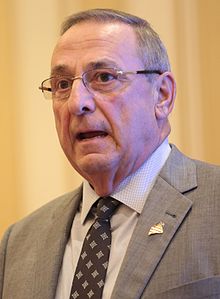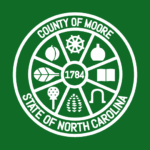 For over 20 years, newspapers and their state press associations turned back every bill that authorized government units to issue public notice via their own websites instead of local newspapers. That winning streak ended last year when the Florida legislature gave state agencies and local governments the option to post notices on county websites.
For over 20 years, newspapers and their state press associations turned back every bill that authorized government units to issue public notice via their own websites instead of local newspapers. That winning streak ended last year when the Florida legislature gave state agencies and local governments the option to post notices on county websites.
The new law, which took effect on Jan. 1, has one upside. It set in motion a vast experiment that will tell us what local governments do when given this choice. Five weeks into the new year an answer is beginning to emerge: It depends primarily on the motivations of local elected officials and the actions local newspapers take in response to the challenge.








